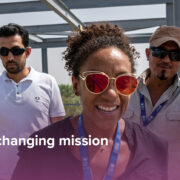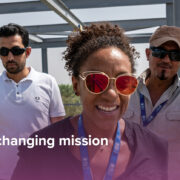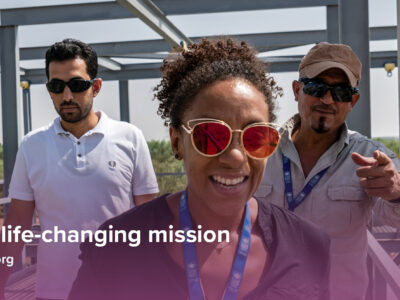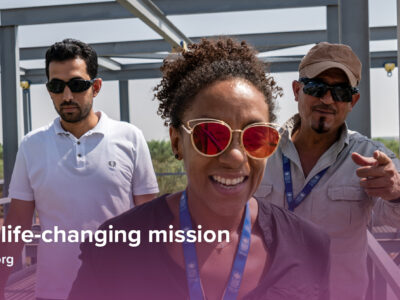UN Women, grounded in the vision of equality enshrined in the Charter of the United Nations, works for the elimination of discrimination against women and girls; the empowerment of women; and the achievement of equality between women and men as partners and beneficiaries of development, human rights, humanitarian action and peace and security.
UN Women through its Liaison to the African Union (AU) and United Nations Economic Commission for Africa (UNECA) engages with the AU and its various organs, the UNECA and civil society organizations, as well as the diplomatic community. Through the office, UN Women provides technical support to Member States and the AU in the adoption, implementation and monitoring of commitments on gender equality and women’s empowerment (GEWE), as per the entity’s mandate.
African Union’s Science, Technology and Innovation Strategy for Africa (STISA-2024) declares “an enabling environment for STI development on the African continent” as one of the pillars for achieving the vision for Agenda 2063. AU through STISA aspires to raise Africa’s role in global research, technology development and transfer, innovation and knowledge production.
UN Women contributes to the implementation of this strategy, among others, through its continental flagship program, the African Girls Can Code Initiative (AGCCI). The African Girls Can CODE Initiative (AGCCI), a partnership between UN Women, Africa Union Commission (AUC) and International Telecommunications Union (ITU) aims to train and empower a young girls aged between 17-25, across Africa to become computer programmers, creators and designers, placing them on track to take up studies and careers in the information, communication and technology (ICT) sector. Moreover, it promotes the implementation of national media campaigns involving role models (e.g. women in ICT, female teachers in schools) and utilizes an on-line platform to enhance networking among the girls, trainers and mentors. The program aims to close the gender gap in the tech world, and overall the gender digital divide.
In the context of the AGCCI, through a biennial project, UN Women in partnership with the African Union Commission and the Government of Belgium aims to support the coordination of the project activities in five selected countries including 3 French speaking countries (Burundi, Niger and Mali), one English speaking country (Tanzania) and one Portuguese speaking country (Mozambique). More concretely, the partnership will support the organization of 10 coding camps in the five countries (2 camps per country) bringing together young girls of 17-25 years for a two weeks training. The partnership will further support the revitalization of the AGCCI online platform which will help girl coders to continuously update their skills and connect with a supportive online community to share ideas and opportunities. Moreover, they will have skills, confidence, and the resolve to tackle barriers, overcome gender stereotypes and challenge institutional cultural practices and social norms that keep them away from jobs and from pursuing higher education. Through the partnership, UN Women aims to strengthen advocacy with African Union Member States to accelerate mainstreaming of gender, coding and ICT in national curricula for sustainable and inclusive development.
- ABOUT THE PROPOSED CONSULTANCY
UN Women in partnership with AUC and in close collaboration with ITU, ECA, UNESCO and UNICEF will be launching the 2nd phase of the initiative in February 2022 in Tanzania. The launch will be preceded by a 3-day training of trainers (ToT) which aims to create a pool of trainers who will provide trainings in the national coding camps in the selected priority countries in 2022 and 2023. The TOT will ensure that training module and teaching systems is standardized
Thus, UN Women seeks to engage the services of 2 ICT experts as international consultants to design a training curriculum in close consultation with AUC particularly the department of Education, Science, Technology & Innovation (ESTI) as the technical lead along with UN partners and also train select trainers from 10 countries. The consultants will work closely with the project team (UN Women and AUC) in designing training module and methodology which will be used during the training sessions by trainees and develop the guidelines for practical exercises /handouts during the training.











Comments